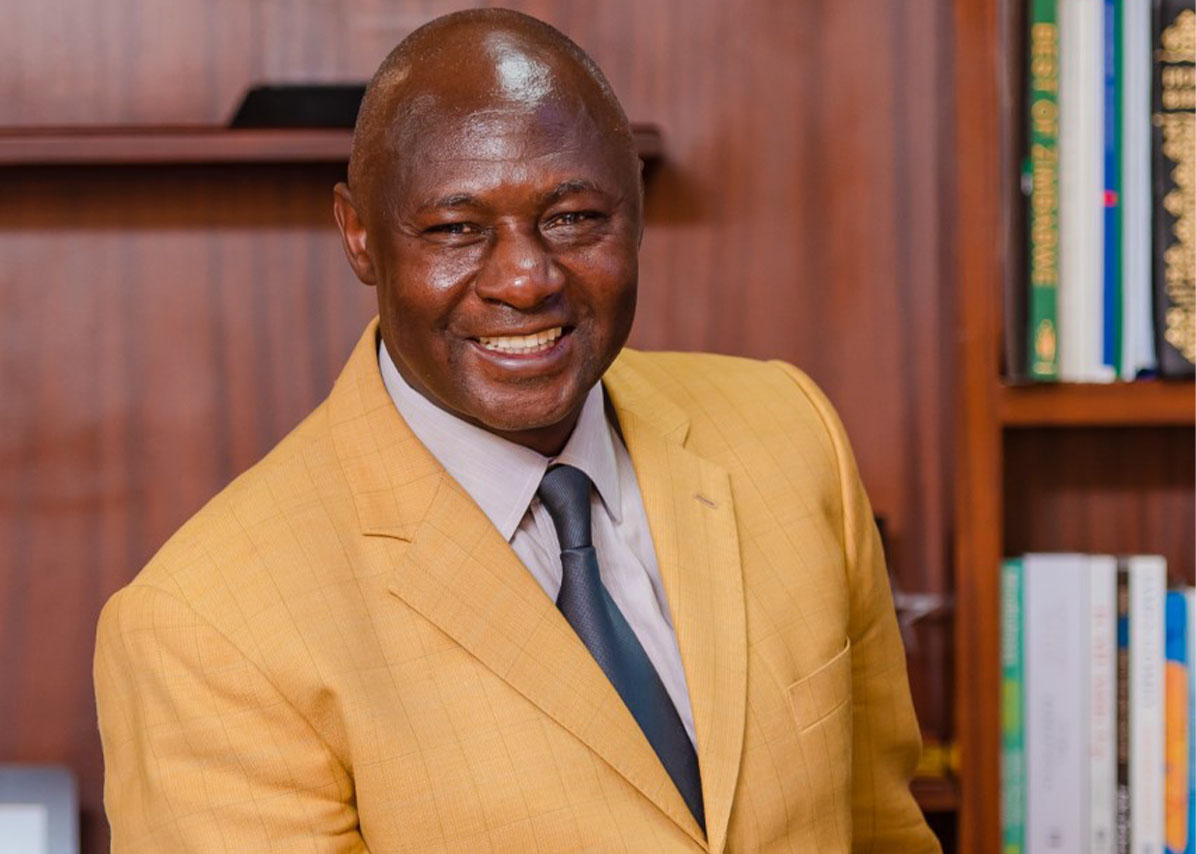The Matriarchs of Maungwe: How Three Women's Decisions Forged a Generational Legacy
The story of any great legacy is often a tapestry woven from the threads of pivotal decisions made in the crucible of crisis. For the Mataranyika lineage, descendants of the great Gunguwo and royalty in Maungwe, their modern history was irrevocably shaped by the actions of three women following a devastating tragedy. This is not just a family history; it is an analysis of resilience, duty, and the strategic choices that ensured a bloodline's survival and eventual success.

A Sudden Void: The Poisoning of Kurauone
Kurauone Kurai Mazikana Mataranyika, a man of routine and community, met a sudden and violent end. During a customary visit to a local gathering spot, or "pandari," he was the victim of a premeditated poisoning. An adversary, armed with crocodile bile, laced his traditional brew. The poison acted swiftly, and Kurauone died, leaving behind his wife, Sophia Madigiri Chinyama, and five young children.
With his death, the family faced an immediate crisis. The traditional structures that might have provided a safety net were absent. Kurauone's only brother, Johanes Mhanamana, had moved to Nyanga and was raising his own family, leaving no one to inherit the widow Sophia and care for the children as custom dictated. Faced with this void, Sophia made the pragmatic choice: she packed her bags and returned to her paternal home in Chiduku with her children.
The Intervention of a Matriarch: Masodzi's Mission
News traveled slowly in the seventeenth century. By the time Kurauone's elder sister, Masodzi, learned of her brother's death, the funeral was long over. Undeterred, she embarked on an arduous journey from Nyanga to Rukweza, a testament to her sense of duty. Upon learning that her brother's children had been taken to their maternal home, she made a strategic and culturally significant decision.
"Vana vedu havachengetwe kwatakabvisa pfuma." (Our children are not to be raised by the family from whom we paid lobola.)
This declaration was not merely an emotional plea; it was a powerful assertion of paternal lineage and responsibility. Masodzi traveled to Chiduku and successfully negotiated for the custody of her brother's children, reclaiming them as the "family's jewels" and ensuring the Mataranyika bloodline would continue under the care of its own.
A Strategic Alliance: Ziganga's Pragmatic Offer
Masodzi’s journey back to Nyanga included a stop in Nyazura to update her half-sister, Ziganga. It was here that a third crucial decision was made. Recognizing the immense burden Masodzi was undertaking, Ziganga made a pragmatic offer: to raise the eldest boy, twelve-year-old Tongai, herself. "Tongai can stay with me, helping with minor household chores, while I send him to the local school," she reasoned.
This act of shared responsibility was pivotal. It not only eased Masodzi’s load but also provided Tongai with an environment where he could receive an education and eventually find work, becoming the family's first "messiah." It was Tongai who, after securing a job, later returned to Nyanga to relieve Masodzi and bring his younger siblings, including Steven Tapfumaneyi (Philip Mataranyika's father), back to the village, setting them on the path to their own futures.
At Polaris SuperBrands, we analyze the foundations of enduring success. The story of the Mataranyika lineage is a powerful case study in how a legacy brand is not built on wealth or power alone, but on the strategic decisions made during moments of profound crisis.
1. Leadership as Stewardship: Masodzi's intervention demonstrates that true leadership is about stewardship—protecting the future of the brand (the family name) above all else. Her actions were a strategic move to preserve the integrity and continuity of the lineage.
2. The Power of Strategic Alliances: Ziganga's offer to raise Tongai illustrates the importance of internal alliances. By sharing the burden, the sisters ensured that the next generation would not just survive, but be positioned to thrive.
3. Resilience as a Brand Attribute: The Mataranyika story is fundamentally about resilience. The ability to absorb a devastating blow, realign resources, and emerge stronger is the hallmark of a true superbrand. The decisions of these three women—Sophia, Masodzi, and Ziganga—were the critical investments that guaranteed the family’s future returns.
Polaris Systems: Our approach works so well because we provide a single point of contact for every customer, creating multiple efficiencies. We aim to ensure a seamless experience, resulting in partnerships that deliver improved value and minimal downtime. This is how we achieve true customer satisfaction.
We are available 24/7, 365 days a year. Contact us anytime!


